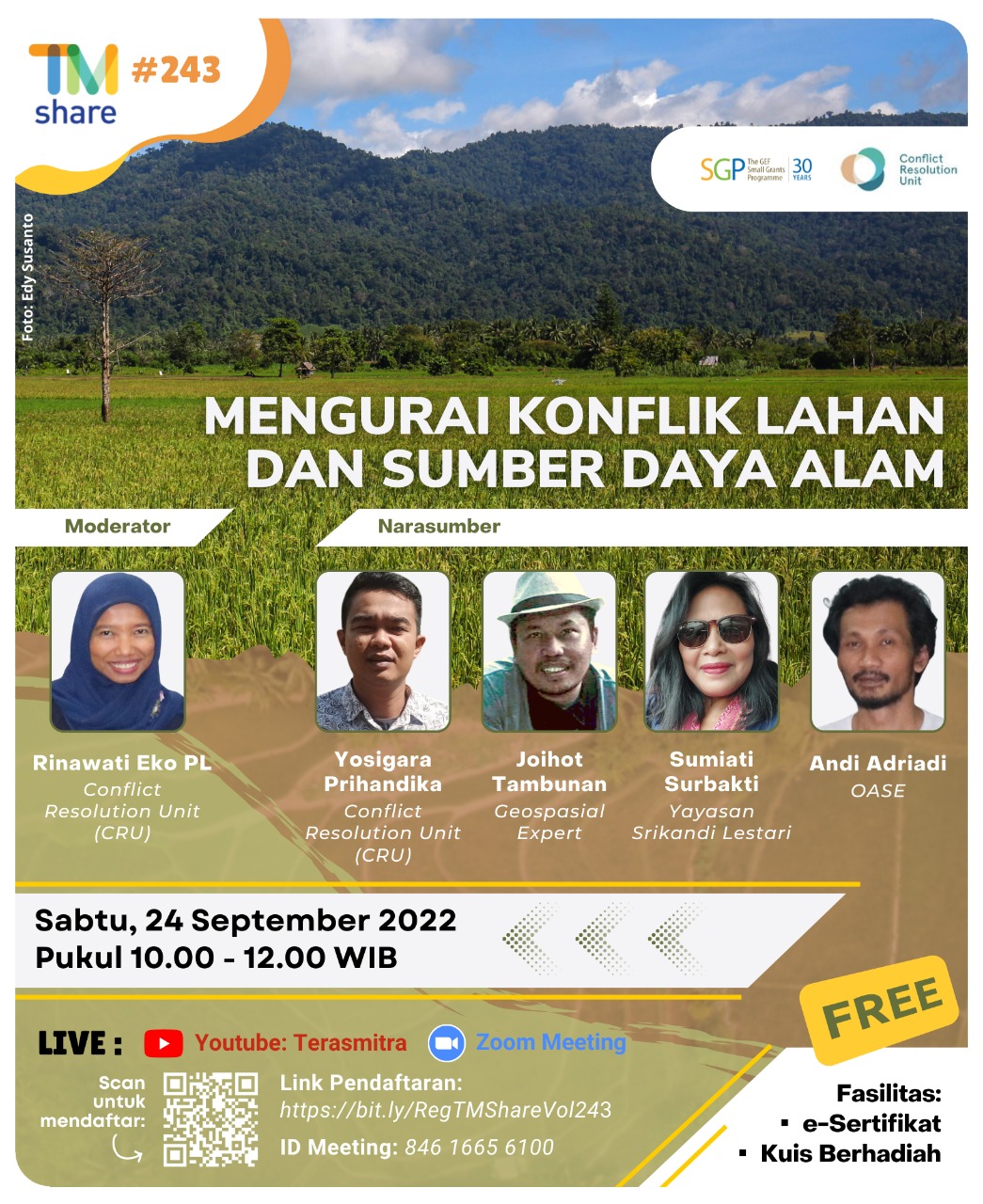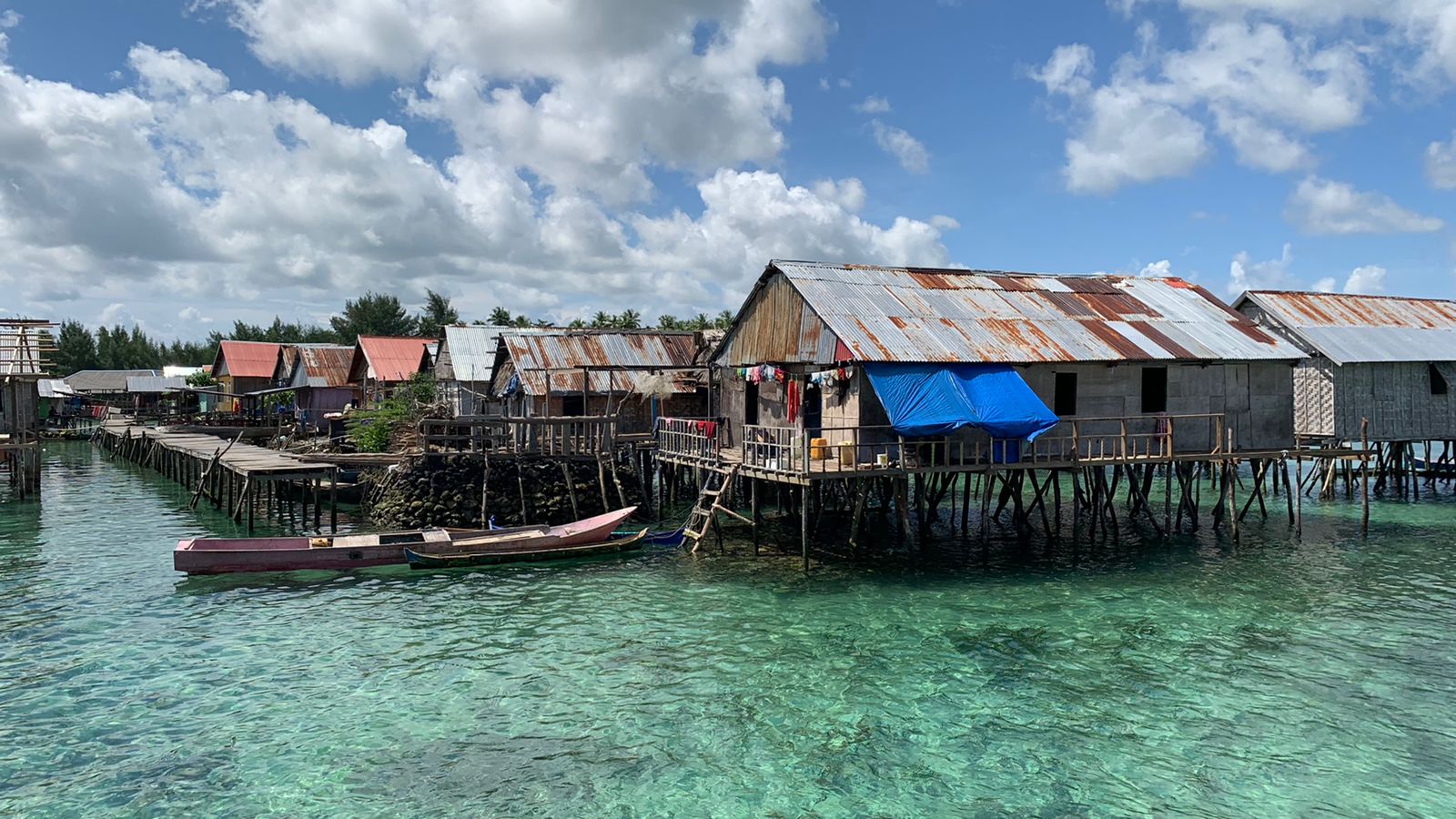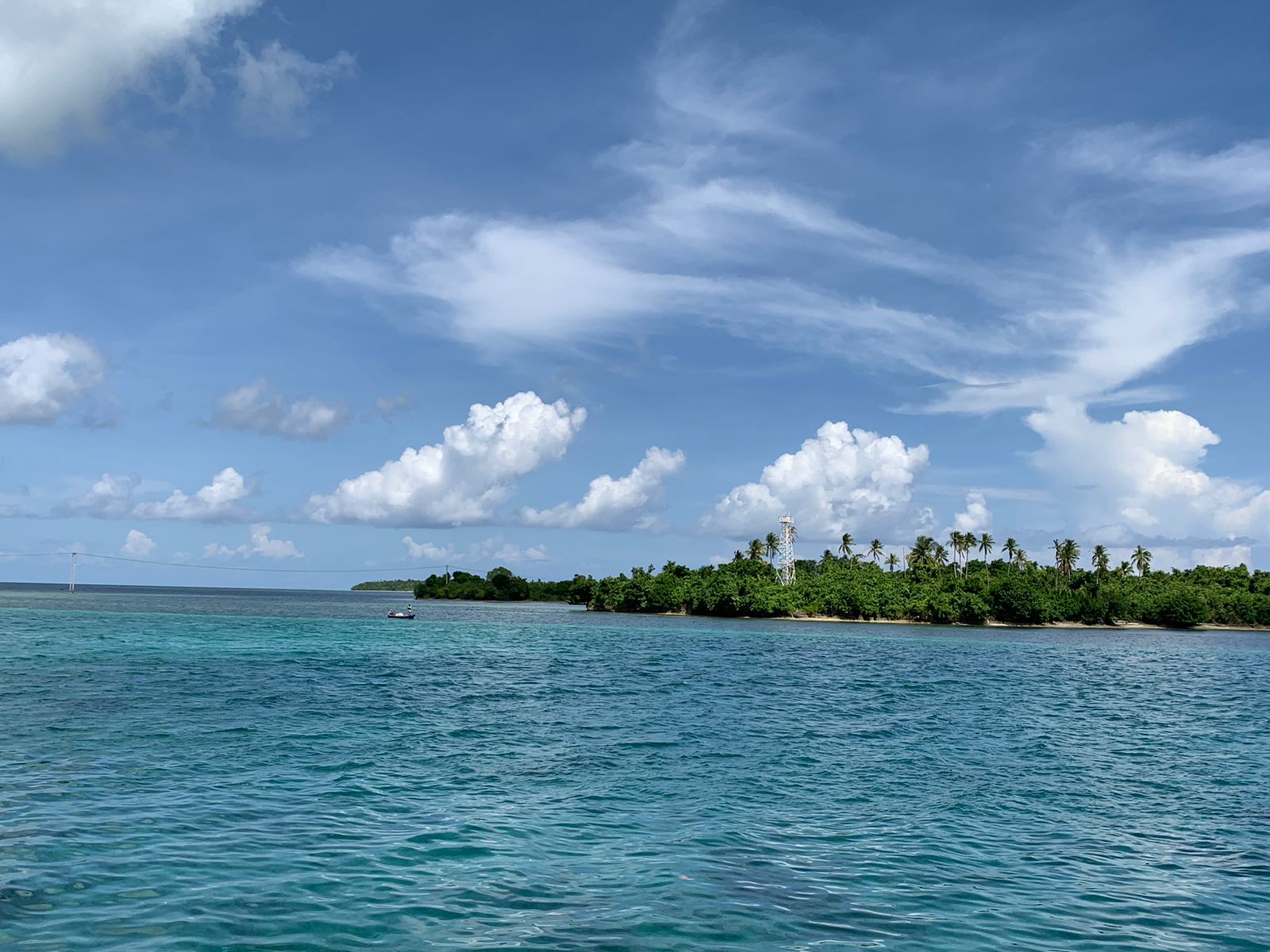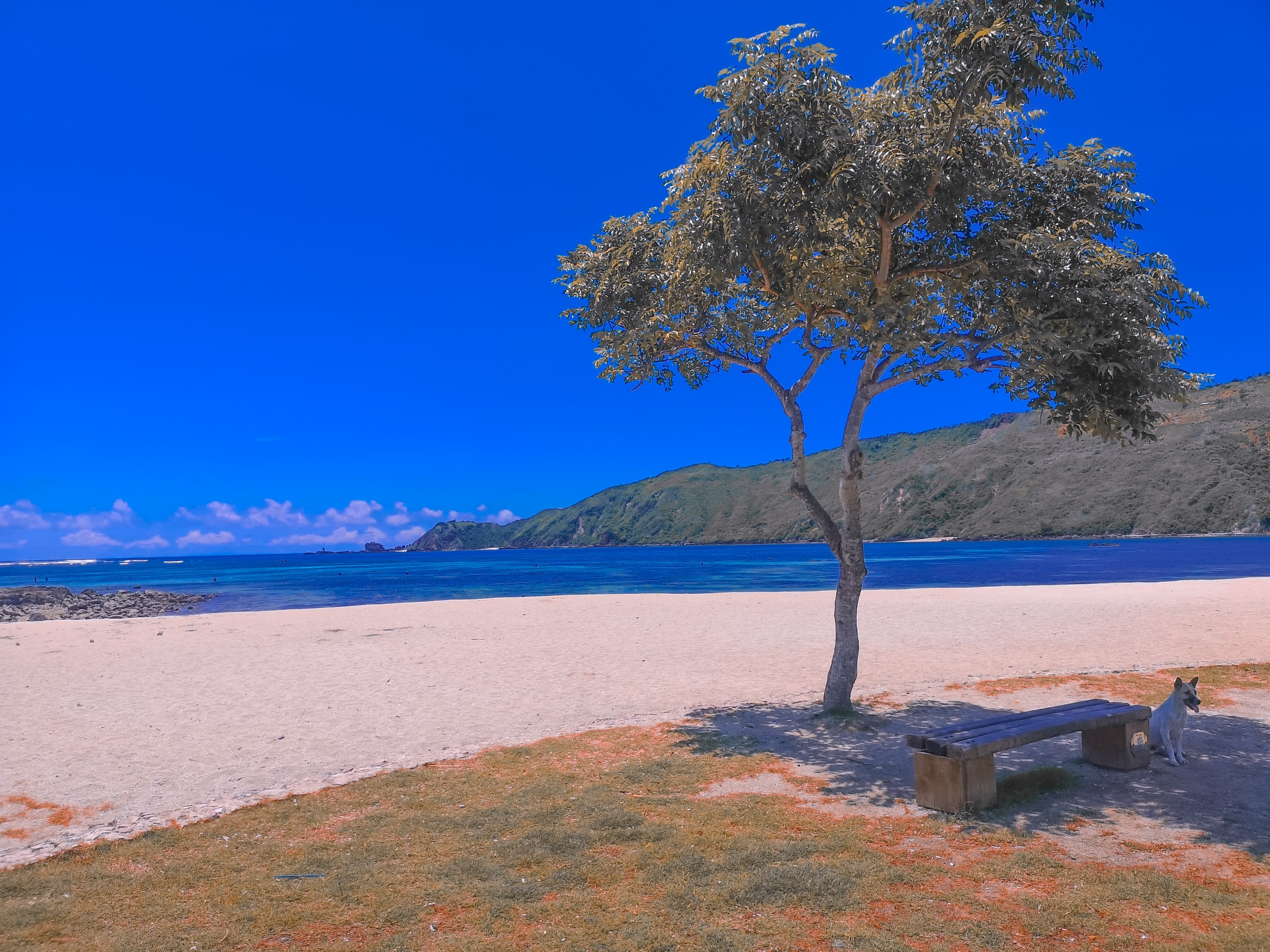
The Span and Depth of the Mediator’s Role
27 September 2022 Blogsphere / Latest News 0 CommentIt is indisputable that the role of the mediator in the process of conflict resolution through mediation is crucial. However, one question that comes up is, what is the extent of the role of a mediator or mediation agency in a conflict resolution process? This is a question that we […]
Read More
Save the Date: Unraveling Land and Natural Resources Conflicts
Latest News / Newsfeed 0 CommentIn dealing with land and natural resource conflicts, it is necessary to carry out a process to unravel the conflict. Unravel the conflicts is one of the most important components in the process of resolving conflicts over land and natural resources. Because by unraveling the conflict, the root cause of […]
Read More
Mediator as a Profession?
27 August 2022 Blogsphere / Latest News 0 CommentWhen mediation is believed to be an alternative worthy of consideration as an effective method of handling agrarian and natural resource conflicts, the availability of reliable and qualified mediators is a must. However, although several institutions have conducted training for mediators, currently the actual number and capacity of mediators are […]
Read More
Reporting Conflicts in a Targeted Manner
28 July 2022 Blogsphere / Latest News / Newsfeed 0 CommentWe could certainly agree that if there is a conflict and the conflict becomes an obstacle to production, whether it is farming by communities or plantation production activities by companies, the conflict must be dealt with immediately. Regardless the production activity, the results will be more optimal if those could […]
Read More
Addressing Conflicts in the Agrarian Reform Agenda
27 June 2022 Blogsphere / Latest News 0 CommentIn June of this year, the issue of agrarian reform was frequently cited in the media in connection with the event of the 2022 GTRA Summit which was held on June 8 – 10, 2022 at Marina Togo Mowondu, Wakatobi Regency, Southeast Sulawesi Province. This summit meeting had been awaited for […]
Read More
Civil Society Call for the Implementation of Agrarian Reform in Indonesia.
Latest News 0 CommentWe, on behalf of the Civil Society who pay attention to the Agrarian Reform Agenda in Indonesia, hereby call on the Agrarian Reform Task Forces (GTRA) at the national and regional levels to do the following: First, we call for the importance of recognizing and protecting indigenous peoples and customary […]
Read More
Community Facilitator Organizations in Agrarian and Natural Resource Conflicts Advocacy, Mediation, Spokesperson, or Facilitator?
24 May 2022 Blogsphere / Latest News / Newsfeed 0 CommentWhile handling agrarian and natural resource conflicts, CRU often interacts with community facilitators. In most cases, the facilitators are not local residents, but people from outside the area who came to facilitate the community in a community empowerment program or project. The field facilitators assist the community the processes of […]
Read More
Why We Need Representatives in Negotiations/Mediation?
26 April 2022 Blogsphere / Latest News / Newsfeed 0 CommentWhen a land and natural resource conflict erupts and will soon be resolved, often a government agency or a non-governmental organization initiates deliberations or negotiations and invites the parties to directly begin negotiations. The parties immediately sent their representatives. Who are those representatives? In a simple dispute there is no […]
Read More
A Geospatial Perspective in Handling Agrarian Conflicts
30 March 2022 Blogsphere / Latest News / Newsfeed 0 CommentThe first step in any effort to handle agrarian conflicts is to understand well the object of the conflict. For this reason, geospatial analysis is one of the tools used by the CRU in every conflict to provides geospatial information in the form of the location of the object of […]
Read More
A Conflict Sensitive Approach in Realizing the G20 Agenda
27 February 2022 Blogsphere / Latest News / Newsfeed 0 CommentThe year 2022 started with news about the election of Indonesia to hold the Presidency of G20. This is very meaningful because the G20 is a multilateral forum consisting of 19 major countries and the European Union (EU) which represents more than 60% of the world’s population, 75% of global […]
Read More